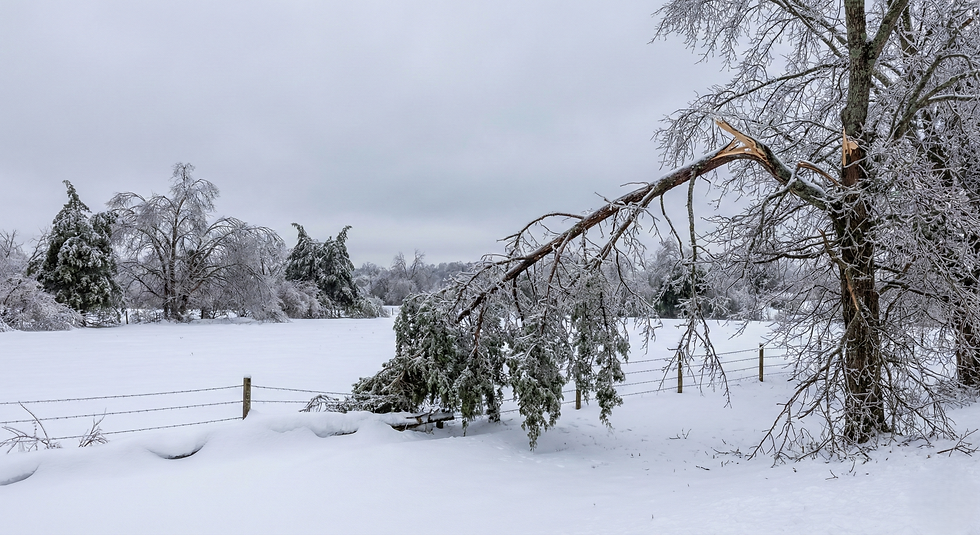The Challenges of Excavation and Trenching Across Middle Tennessee
- josh murphy
- Oct 21, 2025
- 2 min read
Excavation and trenching are essential steps in any land development or construction project, but they come with unique challenges in Middle Tennessee. From rolling hills and dense vegetation to varying soil types and rock formations, property owners and contractors alike must navigate the region’s natural landscape carefully to ensure safety, efficiency, and long-term stability.
Understanding Middle Tennessee’s Terrain
Middle Tennessee is known for its rolling hills, valleys, and ridges, which can create uneven surfaces and limit access for excavation equipment. Sites in areas like Columbia and Spring Hill often feature gentle slopes that require careful grading before trenching can begin. Conversely, properties in Brentwood and Leiper’s Fork may include steeper inclines or creek-adjacent areas, demanding specialized machinery and excavation planning to prevent soil collapse or erosion.
Soil Types and Excavation Challenges
The soil across Middle Tennessee varies widely. Many areas feature clay-rich soils that retain water, creating sticky, heavy conditions that slow excavation and make trench walls prone to caving in. Other locations, particularly around Santa Fe and Primm Springs, may have shale or limestone beds, which are harder and require heavy-duty equipment to break through. Understanding the soil composition before starting a project is crucial for selecting the right tools and techniques.
Rock Beds and Subsurface Obstacles

Excavating through rock layers is one of the most significant challenges in this region. Subsurface rock can range from soft limestone to hard shale, requiring specialized equipment like hydraulic breakers or rock saws. Failure to identify rock beds early can lead to equipment damage, delays, and higher project costs.
Vegetation and Root Systems
Middle Tennessee’s rich vegetation adds another layer of complexity. Mature trees, shrubs, and invasive root systems can interfere with trenching and require careful removal or trimming. Properties in Leiper’s Fork and surrounding rural areas often have dense underbrush and significant root networks that need to be managed to prevent damage to equipment and ensure a clean excavation.
Drainage, Erosion, and Safety Considerations
Proper drainage is critical in this region due to periodic heavy rainfall. Poorly planned excavation can lead to erosion, flooding, or unstable trenches. Safety is also paramount — loose soil, hidden roots, and unexpected rock layers pose risks to both machinery operators and workers. Following local regulations and using proper shoring techniques helps mitigate these risks.
Why Professional Expertise Matters
Excavation and trenching in Middle Tennessee demand both experience and knowledge of the local landscape. American Excavation & Land Clearing has been serving the region since 2015, ensuring that projects are completed safely, efficiently, and in compliance with regional regulations. Our team is equipped to handle Columbia, Spring Hill, Franklin, Brentwood, Leiper’s Fork, Santa Fe, Primm Springs, and surrounding areas, delivering expert excavation that navigates the unique challenges of Middle Tennessee terrain.
If you’re planning an excavation or trenching project in Middle Tennessee, trust American Excavation & Land Clearing to handle the complexities of soil, rock, and vegetation. Contact us today to schedule a consultation and ensure your project is completed safely and efficiently.




Comments